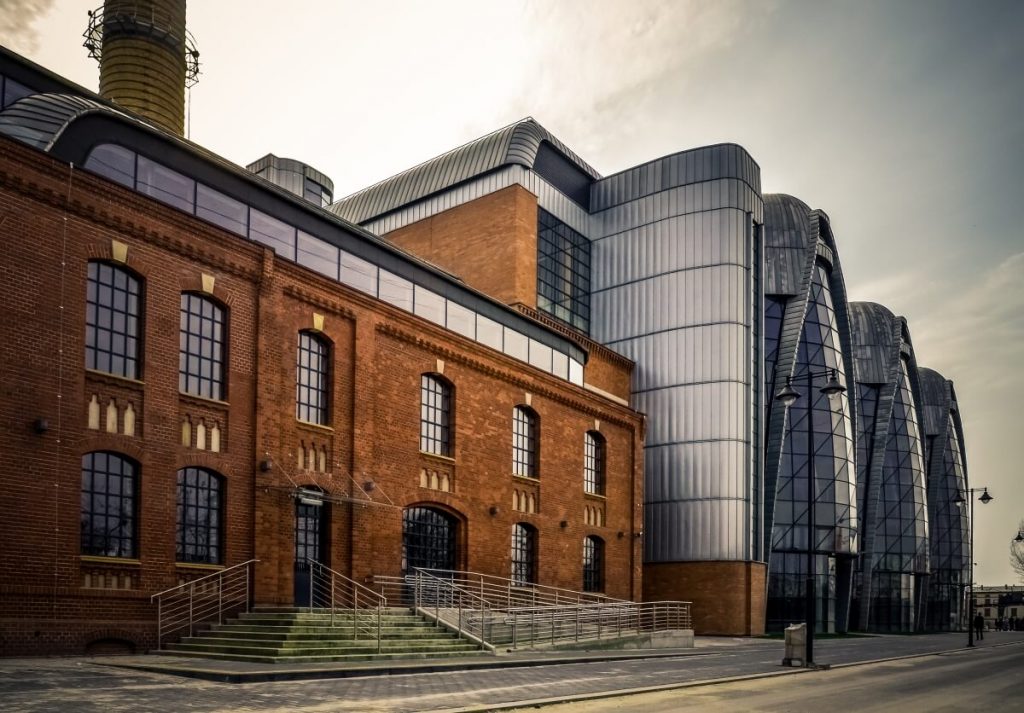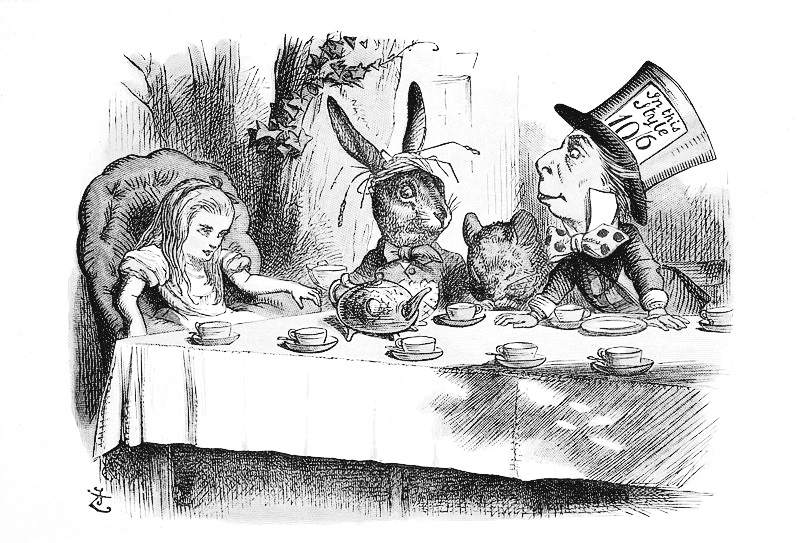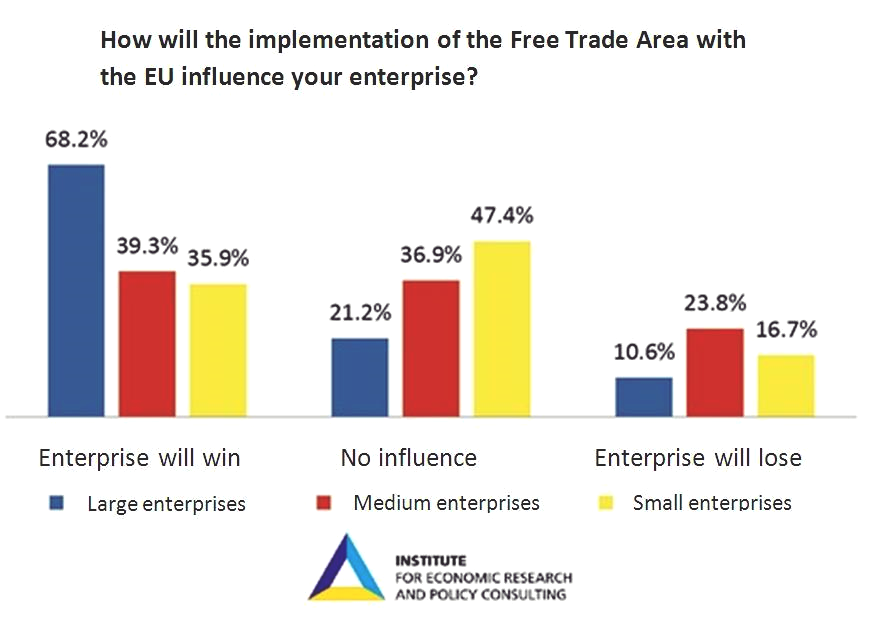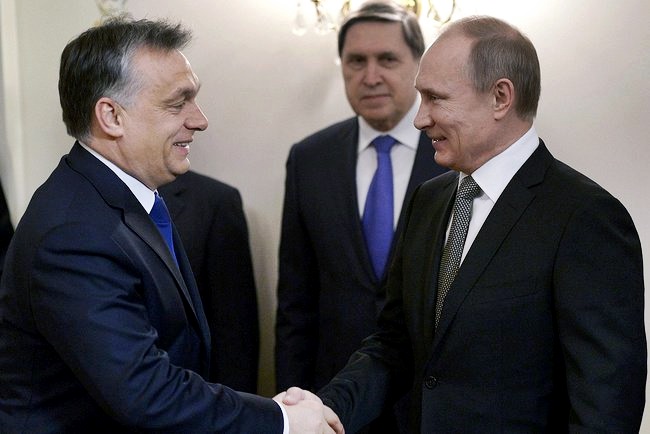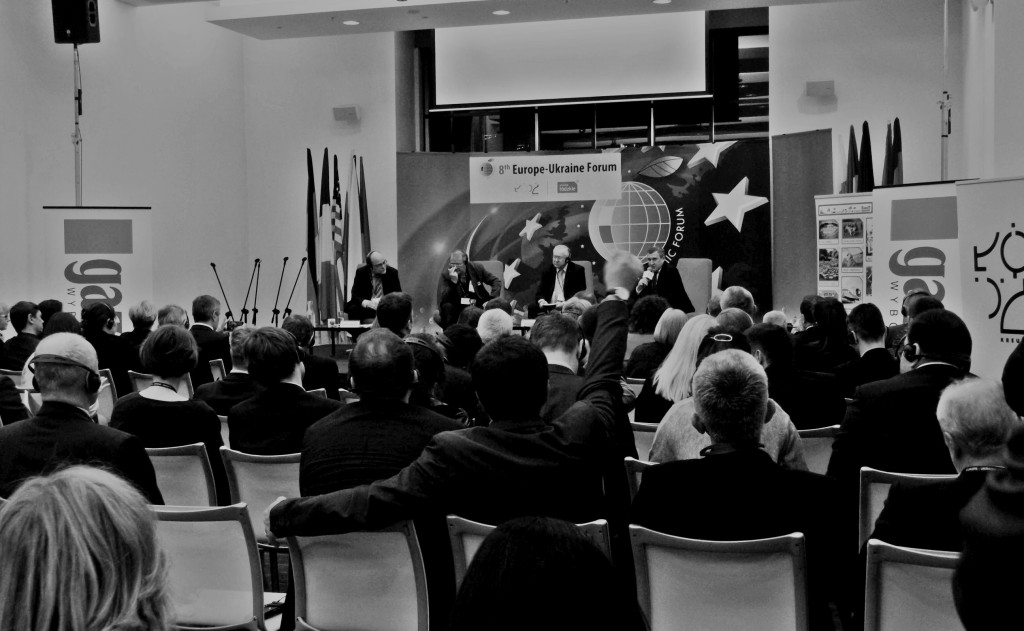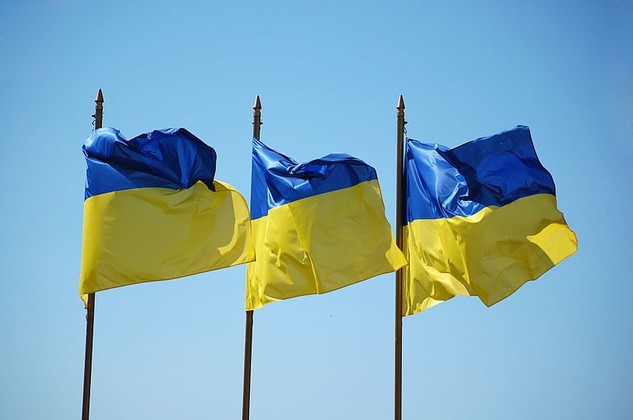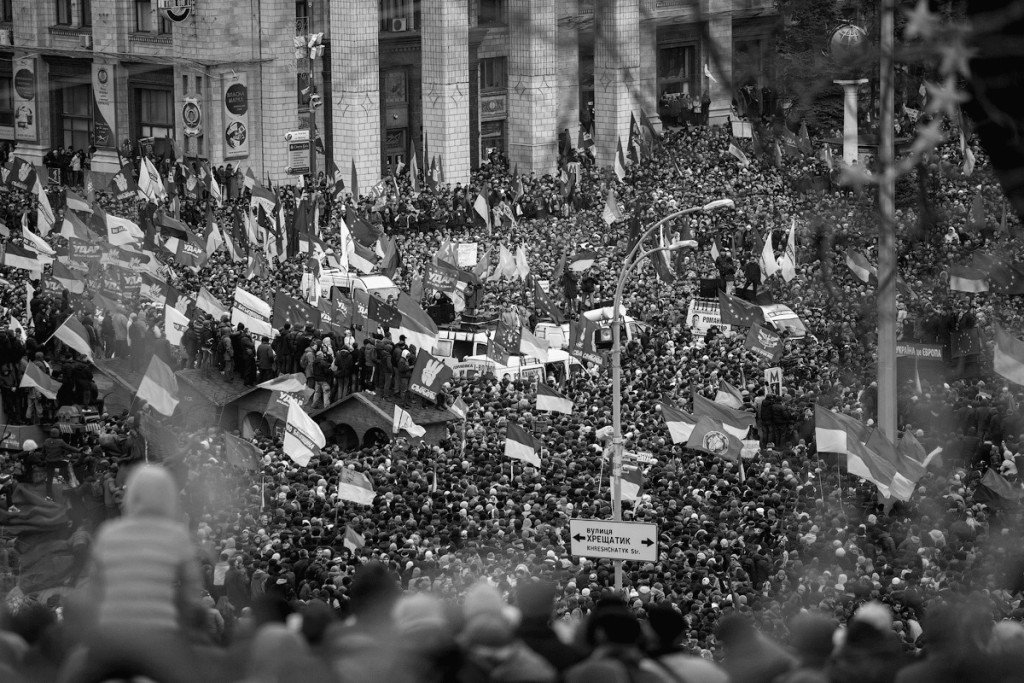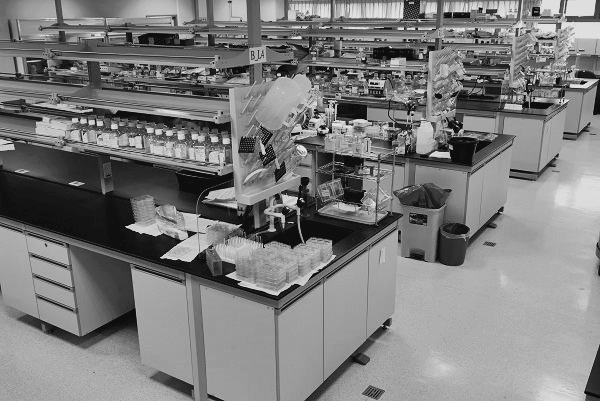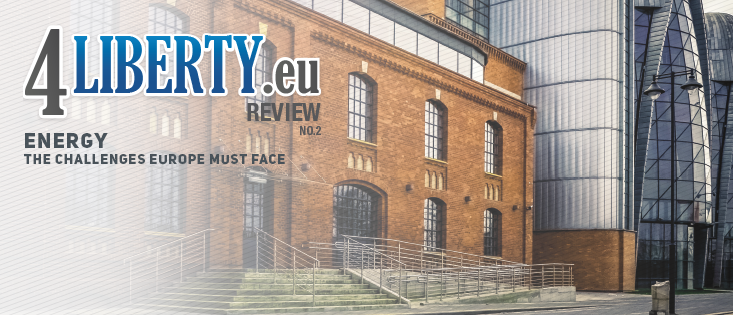
‘Weakness Always Emboldens’: An Interview with Adam Michnik
“Nations, just like women, experience brief moments of intoxication. But those moments pass soon enough.”. Adam Michnik talks to Leszek Jażdżewski, editor-in-chief of Polish liberal quarterly magazine Liberté!, about how a brief moment of European weakness will affect Russia in the end and what can go wrong in the meantime.



